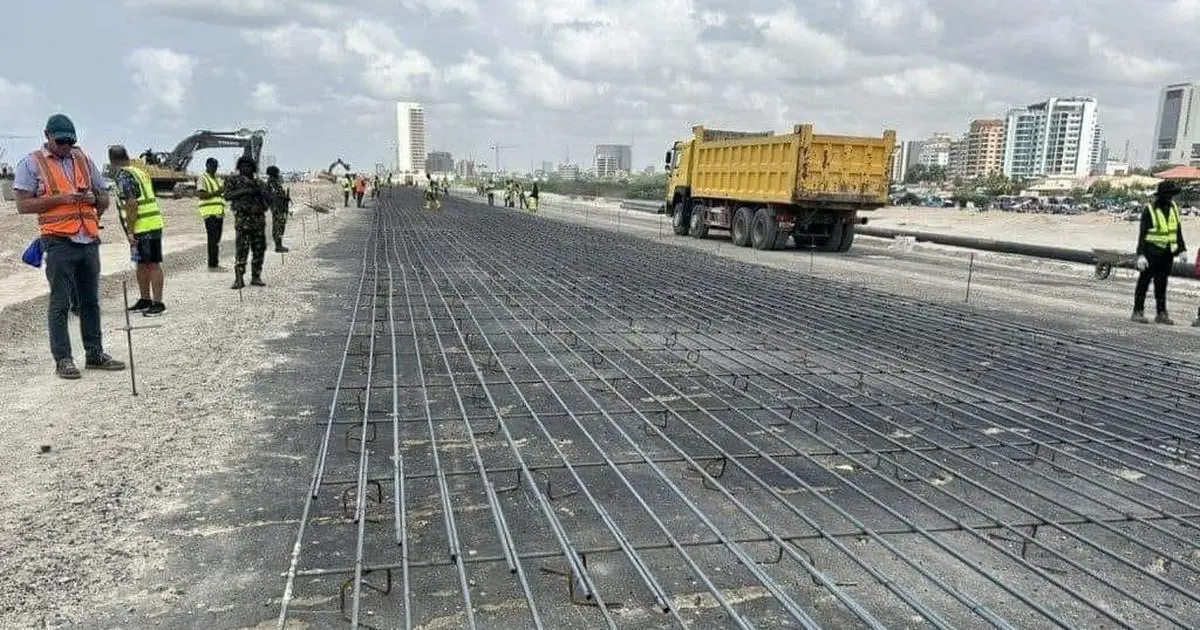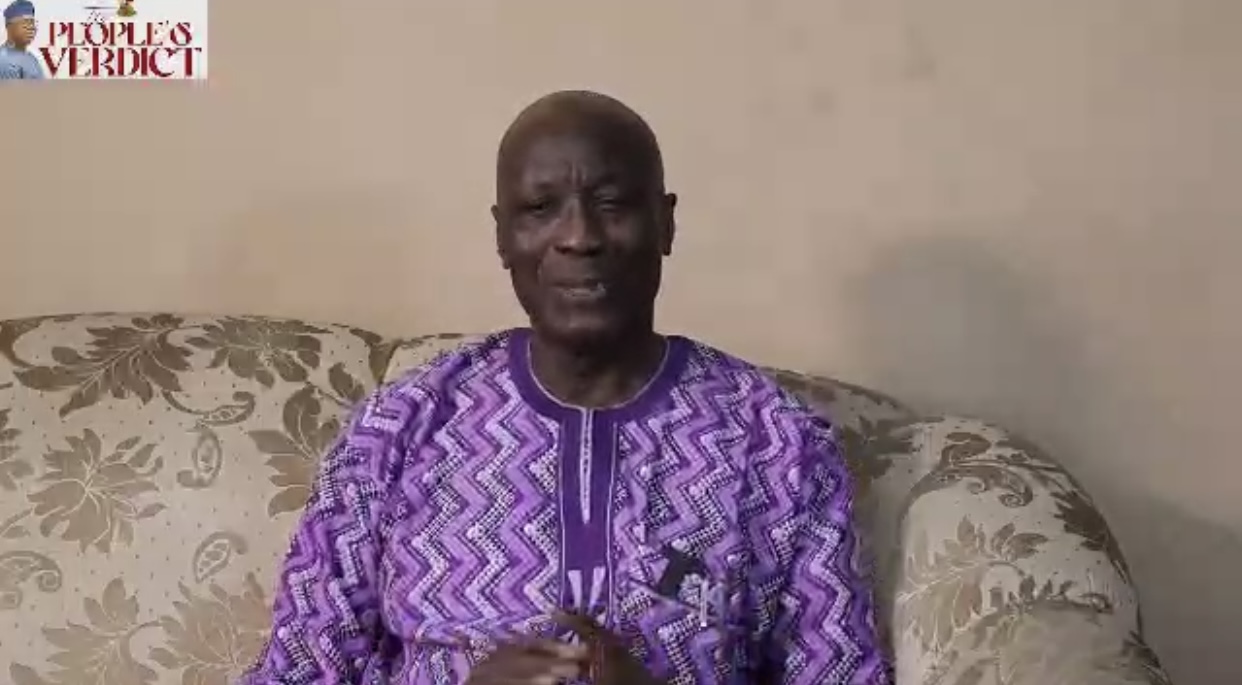Lockdown: Edo Sanitation Task Force Beats Pregnant Woman, Others To Pulp
Controversy is growing in Edo State following reports of violence against residents during the enforcement of a monthly environmental sanitation lockdown. Critics say the measure, which restricts movement across the state, lacks statutory backing and is being implemented in defiance of multiple court judgments.
The policy, enforced from 7:00 a.m. to 10:00 a.m. on the last Saturday of each month, was reintroduced by the administration of Governor Monday Okpebholo earlier this year. But human rights groups and legal analysts argue that the measure contravenes constitutional provisions, and has led to disturbing incidents of abuse.
Videos shared on social media on Saturday showed uniformed sanitation officers confronting citizens, chasing traders from shops, and flogging individuals allegedly found outdoors. In one widely circulated clip, a pregnant woman appeared to be manhandled by members of the task force.
“This is state-sanctioned violence against innocent people,” said a civil society activist in Benin. “There is no law backing these restrictions in Edo State, yet people are being brutalised for simply going about their business.”
The legality of restricting movement for environmental sanitation has been the subject of extensive litigation. In 2016, the Court of Appeal ruled in OKAFOR v. LAGOS STATE that such restrictions violated citizens’ right to freedom of movement and could not be imposed by executive fiat or pronouncement.
Also in Lagos, the Federal High Court declared the practice unconstitutional in a case brought against the Lagos State Government by Ebun-Olu Adegboruwa, SAN. However, that judgment was overturned by the Court of Appeal, which reinstated the government’s authority to impose temporary movement restrictions for sanitation purposes. The matter is now before the Supreme Court.
Legal experts argue, however, that Edo State’s policy remains problematic because it has not been backed by any legislation passed by the State House of Assembly.
“In Lagos, there is at least an attempt to ground the restriction in law,” said a Benin-based constitutional lawyer. “But in Edo, there is no such statute. The government is relying purely on executive orders, which cannot override the Constitution.”
In a statement earlier this month, the Governor’s Press Secretary, Fred Itua, acknowledged the absence of enabling legislation but insisted the government could not wait for lawmakers to act.
“We cannot wait for legislation before taking action to protect our environment. That would be too slow,” he is reported to have said.
Unresolved LG Chairmen Crisis
The sanitation enforcement controversy has reignited concerns over what critics describe as a pattern of disregard for judicial authority by the state government.
In December 2024, Governor Okpebholo secured the suspension of all elected local government chairmen through the Edo State House of Assembly. The move directly contradicts a 2023 Supreme Court judgment that affirmed elected council officials cannot be removed from office by governors or state assemblies.
Following the suspension, the Attorney General of the Federation, Lateef Fagbemi SAN, issued a formal opinion declaring the action unconstitutional and null. A Federal High Court ruling also ordered the reinstatement of the suspended chairmen.
Despite these rulings, the state government has not complied.
Earlier this month, the Peoples Democratic Party (PDP) accused the Okpebholo administration of “judicial assault” and warned that the refusal to implement court orders was eroding the rule of law.
Calls for Accountability
Civil society organisations and human rights advocates are calling for investigations into the reported assaults and for urgent federal intervention.
“The violence we saw today is the result of a policy that lacks legal basis,” said one NGO representative. “It is unacceptable that court decisions are being ignored, and citizens are suffering for it.”
Some analysts warn that unless the judiciary moves decisively, the precedent set by Edo’s actions could embolden other state governments to bypass constitutional safeguards.
As of press time, the Edo State Government had not indicated any plans to suspend the movement restriction or investigate the conduct of its enforcement officers.






















